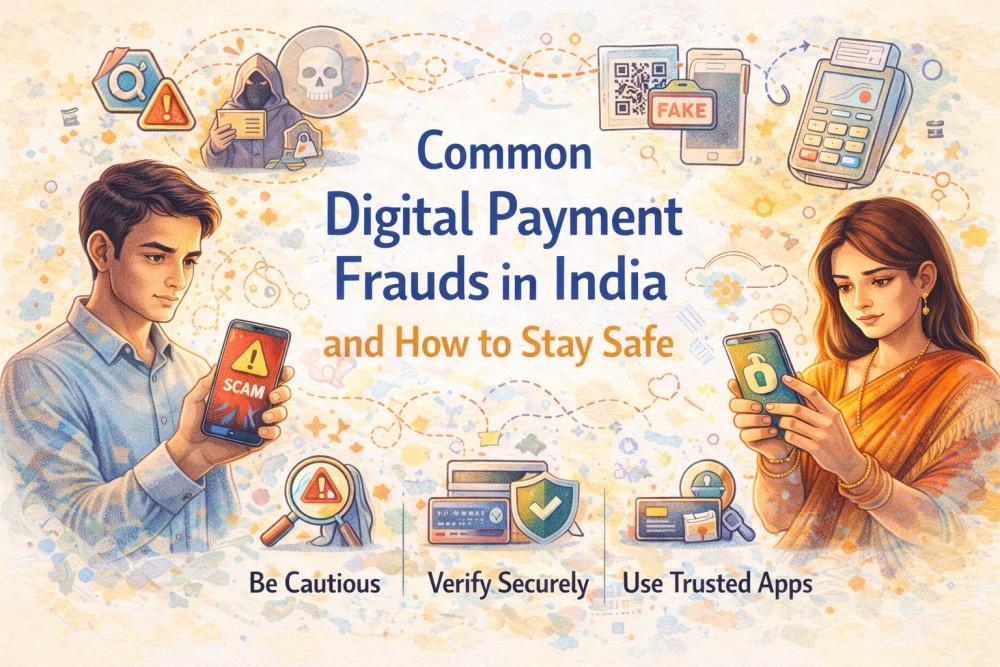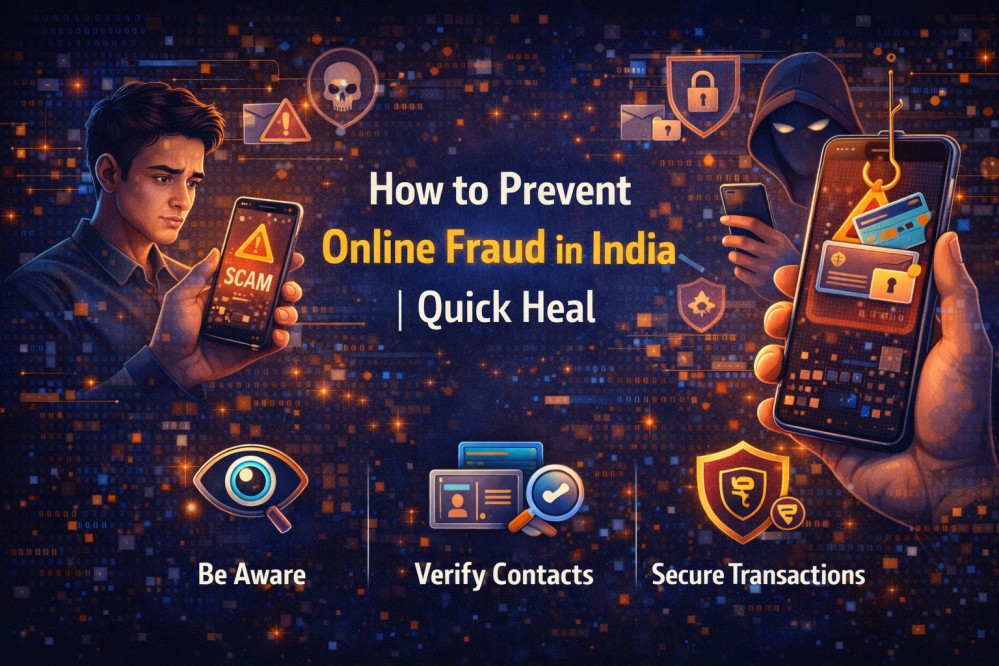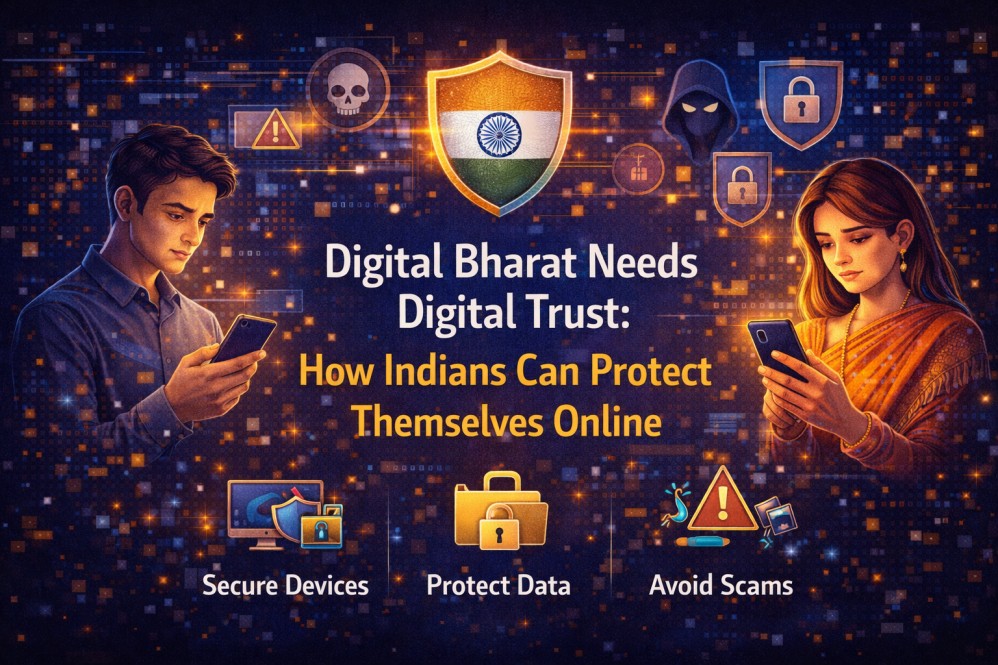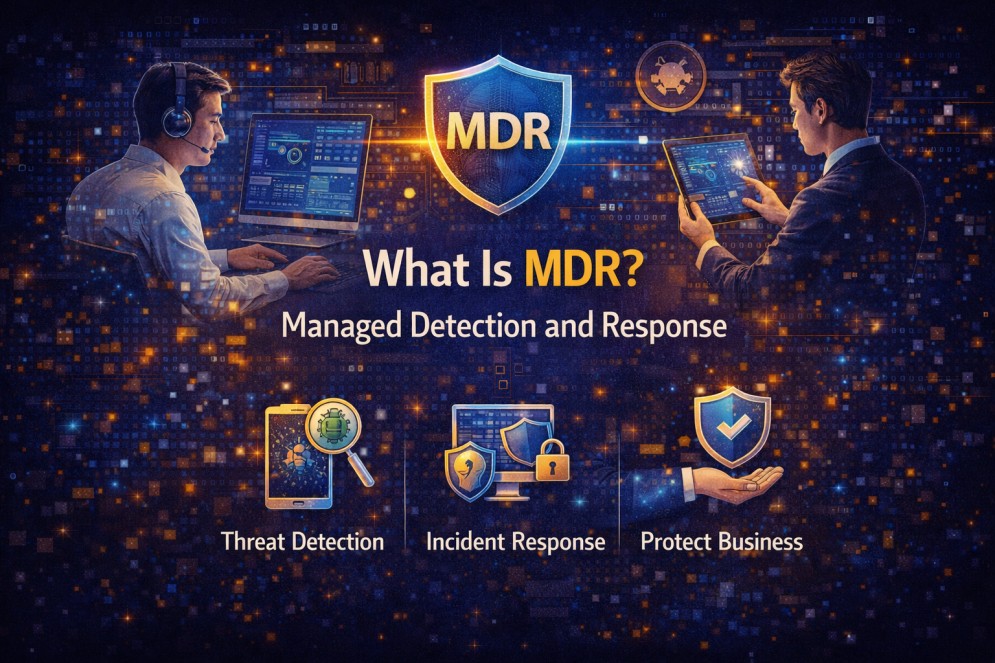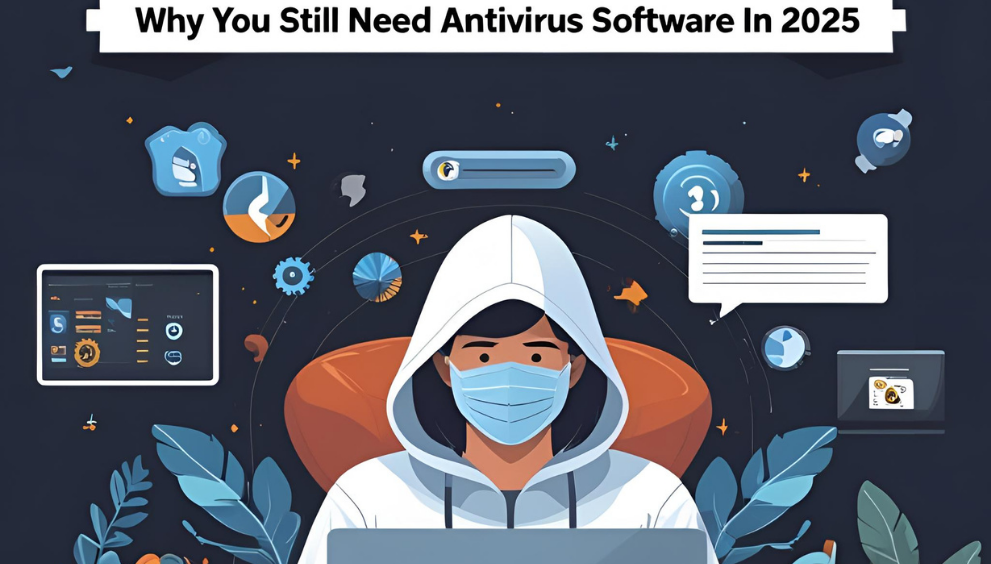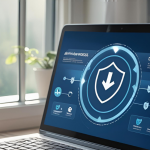Do I Need Antivirus in 2025? Here’s What You Should Know
If you’ve ever found yourself wondering, “Do I really need antivirus software in 2025?”, you’re not alone. People have all sorts of theories as to why antivirus is no longer necessary with the advent of smarter operating systems, improved browser security, and built-in utilities such as Windows Defender. But the truth is, antivirus software is irreplaceable.
Cyber threats have not merely persisted; they have adapted as well. It’s 2025, and we have artificial intelligence-driven phishing scams, ransomware attacks that can lock away your data in seconds, and malware that doesn’t even require you to click anything to start ravaging your machine. In this blog, we will provide you with some insight into why antivirus is key, dispel some myths about modern security, and help you decide which protection is the best for your device.
Why This Question Still Matters in 2025
So, is antivirus software necessary in 2025? It’s a valid question. Surely modern devices have some sort of inbuilt protection, right? Windows Defender is stronger than ever, while Apple’s macOS and iOS both have system-level security features. But that is exactly why people get confused.
They provide built-in tools that give the illusion of safety, often a false one. They focus on basic threats but do poorly against advanced malware and zero-day threats. And remember, malware creators are aware of the behavior of built-in tools. They build around them.
So, when you wonder “is virus protection necessary” or “do I need virus protection”, the answer often depends on what you’re protecting and how valuable that data is. If your digital life includes banking, shopping, working remotely, or storing personal memories, you’re a potential target.
What Antivirus Software Actually Does
To really understand why antivirus, it’s important to know what it does behind the scenes. Antivirus software isn’t just a scanner that runs once a week; it’s an always-on, real-time defender for your digital life.
Let’s understand the importance of antivirus software in detail:
- Stop Malware in Real Time: It actively monitors your system and blocks malware the moment it appears.
- Protection Against Online Threats: This includes fake websites, phishing emails, and suspicious downloads.
- Block Ransomware: Stops attacks that encrypt your files and demand payment.
- Guard Against Identity Theft: Protects login credentials, credit card numbers, and personal data.
- Password and Banking Protection: Shields sensitive actions from spyware and keyloggers.
- Scanning and Quarantine: Finds and removes infected files without harming the rest of your system.
- Automatic Updates: Ensures you’re always protected against the latest threats.
This is the core antivirus purpose: to create a safety net that goes far beyond what built-in tools can usually offer.
What Happens If You Don’t Use an Antivirus?
Now, let’s flip the coin and understand the risks associated with not using antivirus software.
- Data Leaks: Personal information can get exposed through spyware or malware. This might include photos, documents, or even saved passwords.
- Financial Loss: Online banking malware can steal money directly from your account.
- Identity Theft: Cybercriminals may impersonate you using stolen credentials.
- System Damage: Some malware corrupts files or disables your device entirely.
- Network Spread: If your system is infected, it can spread the virus to others in your home or office network.
In short, if you’re asking, “is anti virus software needed?” Just imagine the cost of losing your digital identity, from your emails to your bank account access, overnight.
Do You Need Antivirus on All Devices?
Different devices have different threat levels. Let’s break it down:
Windows PCs
Still the most targeted operating system globally. Though Windows Defender is better now, it doesn’t always catch everything. For advanced threats, real-time ransomware attacks, and phishing, third-party tools offer all in one security with far stronger layers.
Android Phones
These are vulnerable due to app-based malware, especially from third-party stores. You might think Google Play Protect is enough, but it often misses spyware and apps with hidden code. An antivirus adds app scanning, web protection, and theft-control features.
MacBooks and iPhones
There’s a common myth around Mac security that Apple devices don’t get viruses. While they’re less targeted, they’re not immune. macOS uses XProtect and Gatekeeper, but they’re limited in scope. If you often install third-party software or use public Wi-Fi, added protection helps.
Smart Devices and Tablets
Think of your smart speakers, TVs, and even tablets. Many don’t allow traditional antivirus apps, but they can still be compromised. While antivirus options are limited, using secure routers and updating firmware regularly can reduce risk. Tablets, especially Android-based, should still have malware protection.
So, when asking “do I really need antivirus software?” The short answer is yes, especially for Windows and Android users.
Built-In vs. Third-Party Antivirus: What’s Better in 2025?
Let’s compare the two to help you decide:
Windows Defender (Built-In)
It’s decent and gets better every year. It handles basic malware and phishing attempts well. But it struggles with zero-day threats, doesn’t offer dedicated customer support, and lacks advanced features like secure VPN, file encryption, or dark web monitoring.
macOS XProtect
Apple’s native tool runs in the background, checking apps for known malware. But it doesn’t offer real-time web protection or ransomware prevention. It’s limited to known threats and lacks proactive detection or detailed user controls.
When Third-Party Antivirus Is a Better Choice
If you’re handling sensitive data (like banking, business files, or client data), or want all in one security, antivirus, VPN, firewall, password manager, third-party tools are better. They also offer premium customer support and more frequent updates. In short, for high-stakes users, built-in just isn’t enough.
If You Already Use a VPN or Firewall, Do You Still Need Antivirus?
This is another common confusion. Let’s break it down:
- A VPN hides your IP and encrypts data. It protects your connection, not your device.
- A Firewall filters incoming/outgoing traffic. It doesn’t scan or remove malware.
So, while both are useful, they serve different functions. A VPN can stop hackers from seeing your data in transit, but if malware gets downloaded, only an antivirus can detect and remove it. That’s why, even with these tools, antivirus is still essential.
Free vs. Paid Antivirus – What Should You Choose?
A free antivirus tool is better than nothing. But free versions often lack real-time protection, don’t cover all devices, and skip advanced features like ransomware defense or secure browsing.
Free Antivirus Pros:
- Light on system resources
- Easy to use
- Good for casual users
Free Antivirus Cons:
- No customer support
- Limited malware database
- No firewall or anti-ransomware features
Paid Antivirus Pros:
- All-in-one protection
- Works across devices
- Stops new threats instantly
- Often bundled with extras like password managers, parental controls, and file shredders
So, is antivirus necessary in 2025? Absolutely. Even with all the improvements in built-in tools and smart browsing habits, cyber threats aren’t going anywhere. The antivirus’s purpose has expanded from just scanning files to becoming a full-fledged digital security partner, one that watches, blocks, protects, and informs.
Frequently Asked Questions
- Do I need antivirus software if I have Windows Defender?Yes. Defender is a solid start, but not foolproof. Third-party antivirus offers stronger protection and more features.
- What’s the biggest risk of not having an antivirus?Financial loss and identity theft. Malware can steal passwords, banking info, or even hold your data for ransom.
- What is the future of antivirus?It will get smarter and more proactive. Expect more AI-powered tools, cloud-based scanning, and integration with all in one security suites
- Is it worth paying for virus protection?Yes, especially if you handle sensitive data or need multi-device support. Think of it as an investment in your digital safety.
- Can you really stay safe online without antivirus software in 2025?It’s possible, but highly risky. With new threats every day, relying only on built-in tools or being “careful online” is no longer enough.

